Influence Mastery:
The Ultimate List of Strategies, Tactics, and Tools of Influence
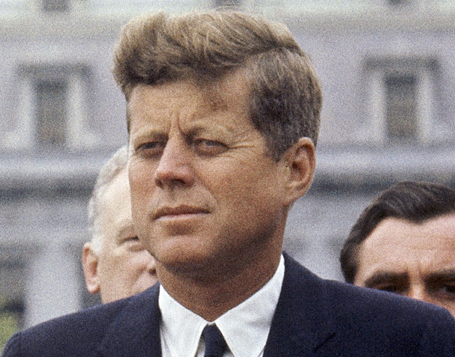
“A great person attracts great people and knows how to hold them together.”

Leonard Da Vinci
Essence of Influence: a Polymath with wildly diverse talents, Leonardo Da Vinci was a brilliant, innovative and revolutionary thinker, and the quintessential archetype of the Renaissance Man
Key Strengths: Relentless, unquenchable curiosity. Diverse thinker. Self-confidence. Self-acceptance.
Key Weaknesses: Procrastinator. Lack of follow through.
CURIOSITY
Cultivate Concentrated Curiosity
If you can spark curiosity in others you can gain their attention and interest. If you can sustain their curiosity and interest, you can build influence and power.
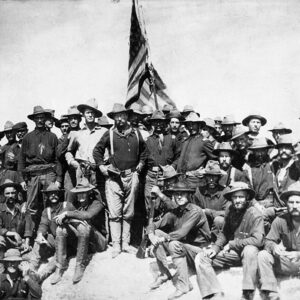
.
.
SOCIAL PROOF
Build and Display Social Proof
Social proof, a term coined by Robert Cialdini in his book, Influence, is a principle people use to guide their behavior. In essence, we take our cues from the herd, particularly when we are uncertain about what to do. As Cialdini writes, “we view a behavior as more correct in a given situation to the degree that we see others performing it.”
.
.
VALUE
Add Massive Value
.
.
RECIPROCITY
Employ the Principle of Reciprocity
.
.
EXPECTATIONS
Fulfill and Surpass Expectations, Give Your Audience What They Want
.
.
LIKING
Identify Small Opportunities to Reveal Similarities and Foster Liking
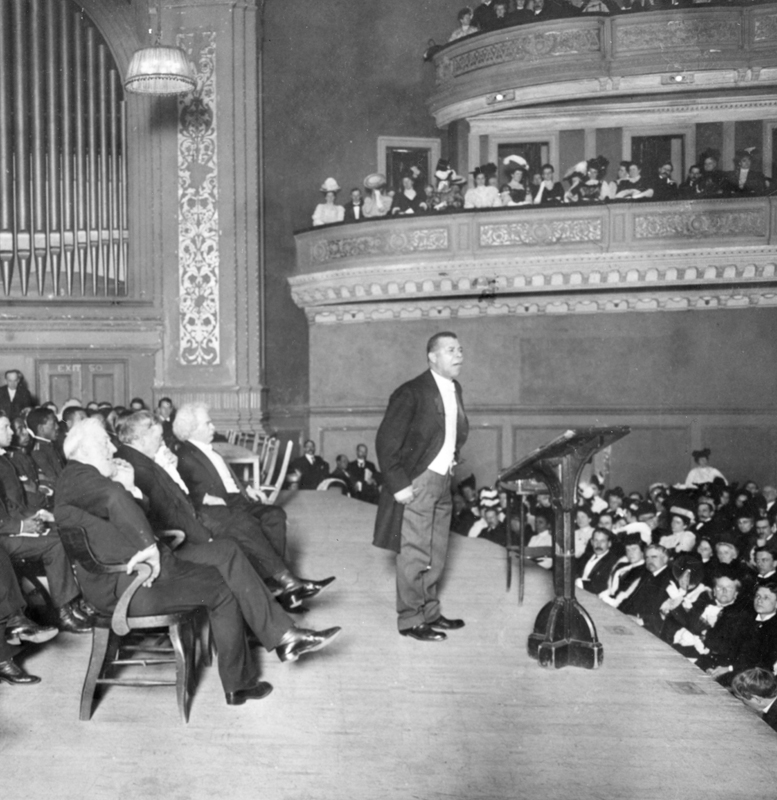
Booker T. Washington
.
–Booker T. Washington
CHARACTER
Cultivate Character, Become a Person of Integrity
—Aristotle
“Character is Power.” –Booker T. Washington
“Character may almost be called the most effective means of persuasion.” —Aristotle
.
.
SCARCITY
Create and Communicate Legitimate Scarcity
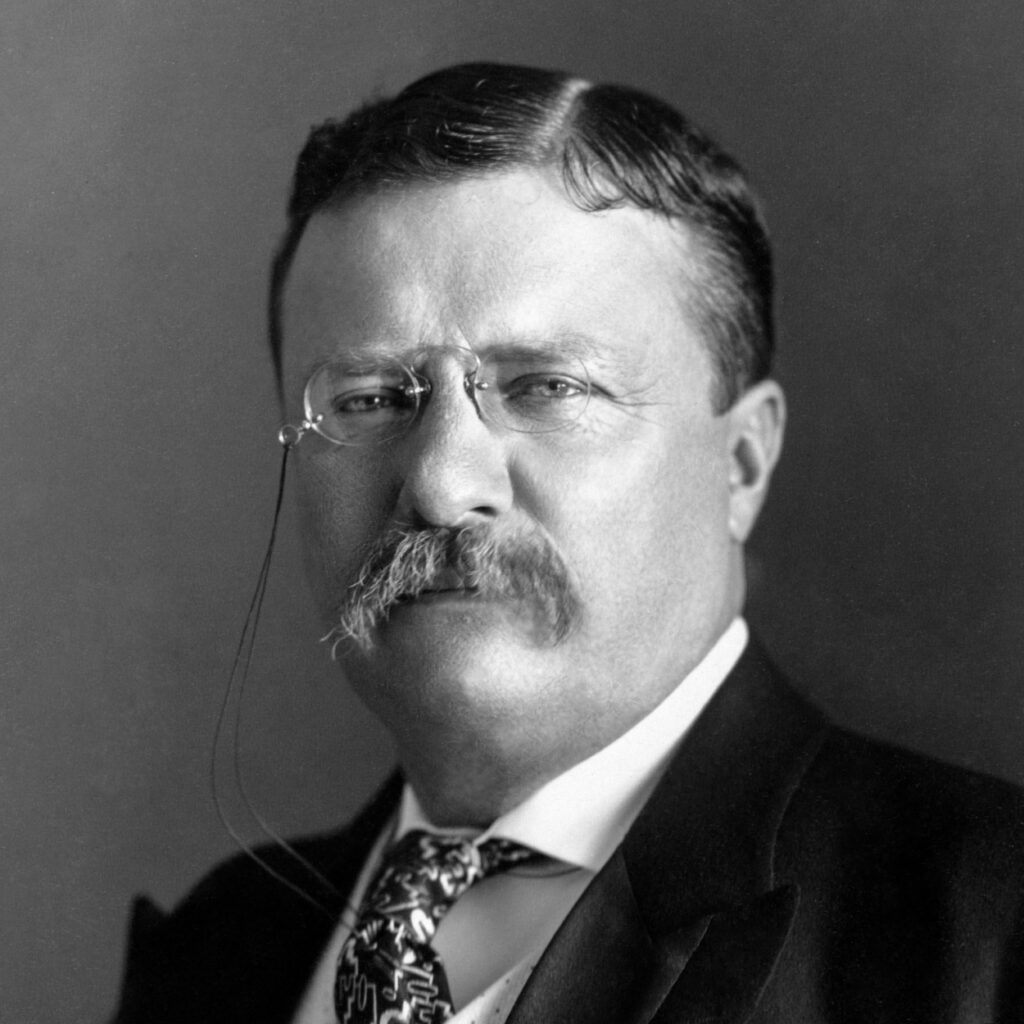
Theodore Roosevelt
Essence of Influence: Courage, initiative, vision.
Key Strengths: Intelligence, Will Power, Courage, Grit, Herculean Appetite for Work.
Key Weaknesses: Perhaps a tad bit self-absorbed.
INITIATIVE
Seize the Initiative, Leadership is Power
Initiative is unusually rare. And, as result, it is exceptionally valuable and abundantly rewarded.
“Most people recognize that initiative is beneficial,” writes John Maxwell, “yet they still frequently underestimate its true value.” The greatest rewards come not in the form of medals and ribbons, however. The greatest value of seizing the initiative comes in the form of results. In fact, Stephen Covey writes in The Seven Habits of Highly Effective People, “The difference between people who exercise initiative and those who don’t is literally the difference between night and day. I’m not talking about a 25 to 50 percent difference in effectiveness; I’m talking about a 5,000-plus percent difference, particularly if they are smart, aware, and sensitive to others” (pg. 84).
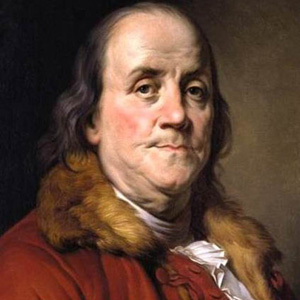
.
.
FRANKLIN EFFECT
Ask for Small Favors as a Way to Connect
“For it is the nature of men to be bound by the benefits they confer as much as by those they receive.”
—Niccolò Machiavelli (1469—1527), Italian Diplomat, Author of The Prince
.
.
AUTHORITY
Display Authority, Increase Credibility
.
.
LISTENING
Master the Art of Active Listening
.
.
PROMISES
Make Big, Bold Promises, Then Deliver on the Promise
.
.
STORYTELLING
Tell a Relevant, Compelling Story
“Character is Power.” –Booker T. Washington
“Character may almost be called the most effective means of persuasion.” —Aristotle
.
.
CONSISTENCY
Be Consistent to Build Trust
.
.
COMMITMENT
Build on Small Commitments
Most people loathe the idea of appearing inconsistent. Drawing on this natural desire can be another way to influence others. If people make a small commitment to do something in support of your idea or business they will be more likely to act consistent with that commitment later, even if you ask for a somewhat larger commitment next time. This is another one of Cialdini’s principles of influence, which he writes about in his book Influence.
